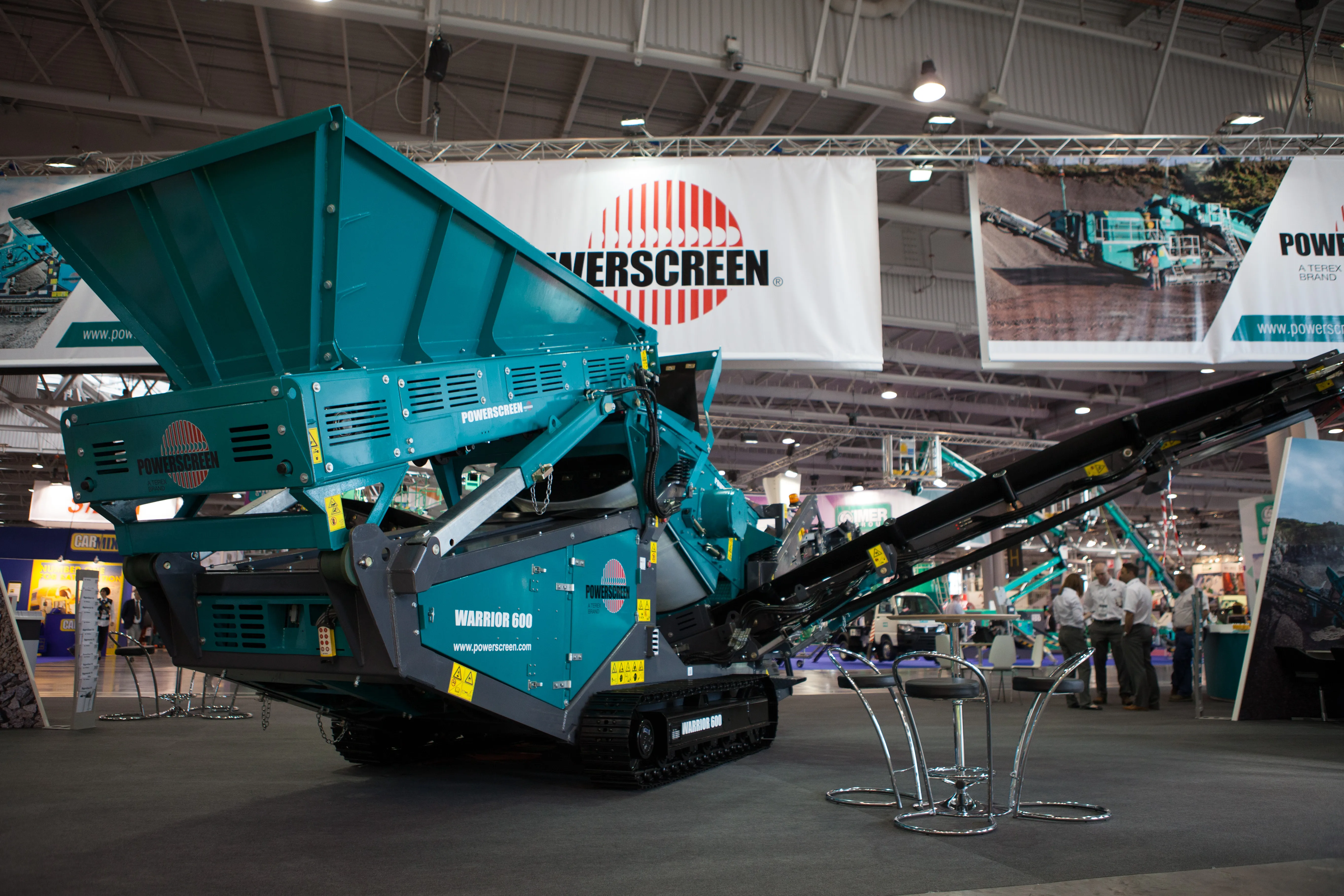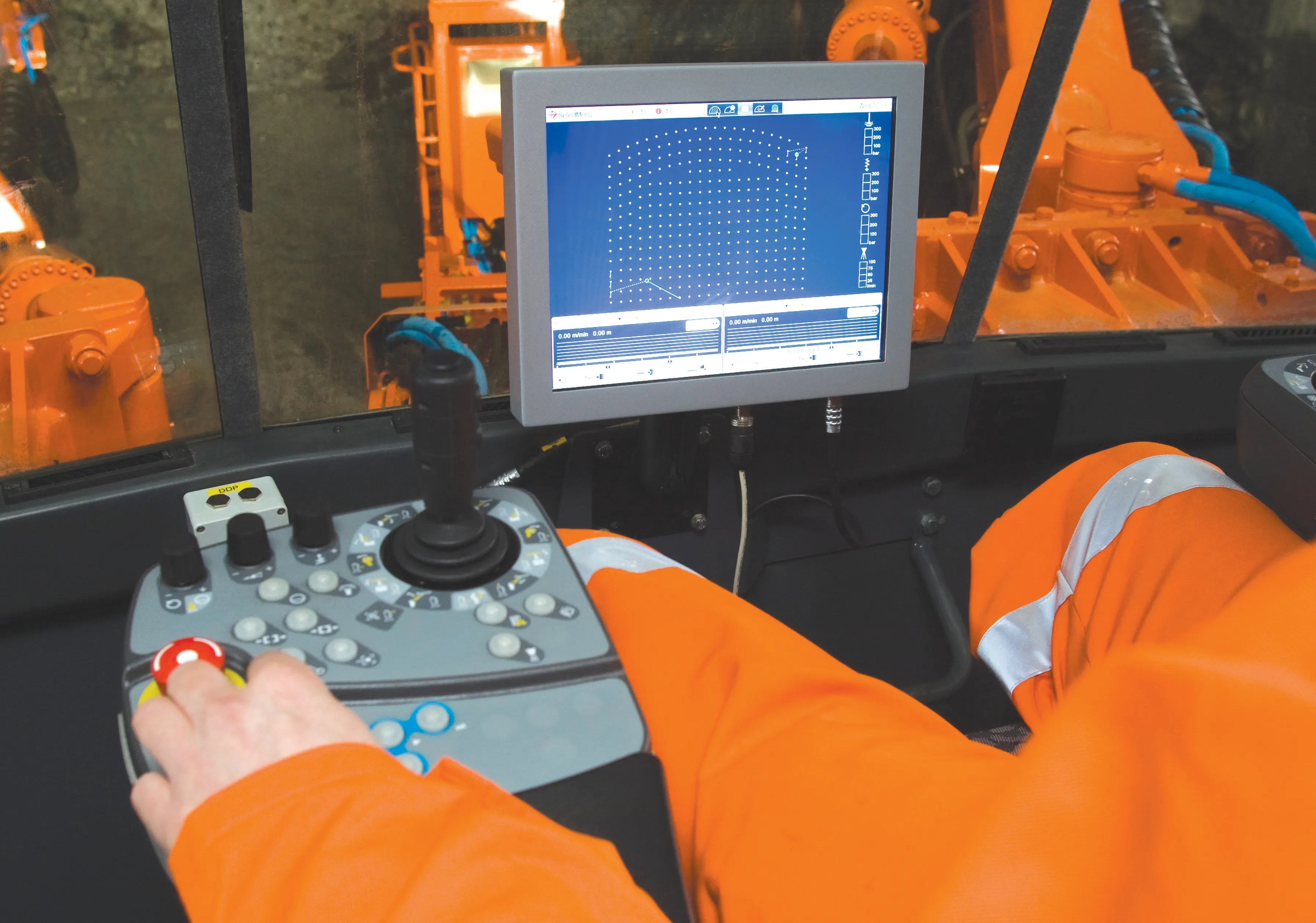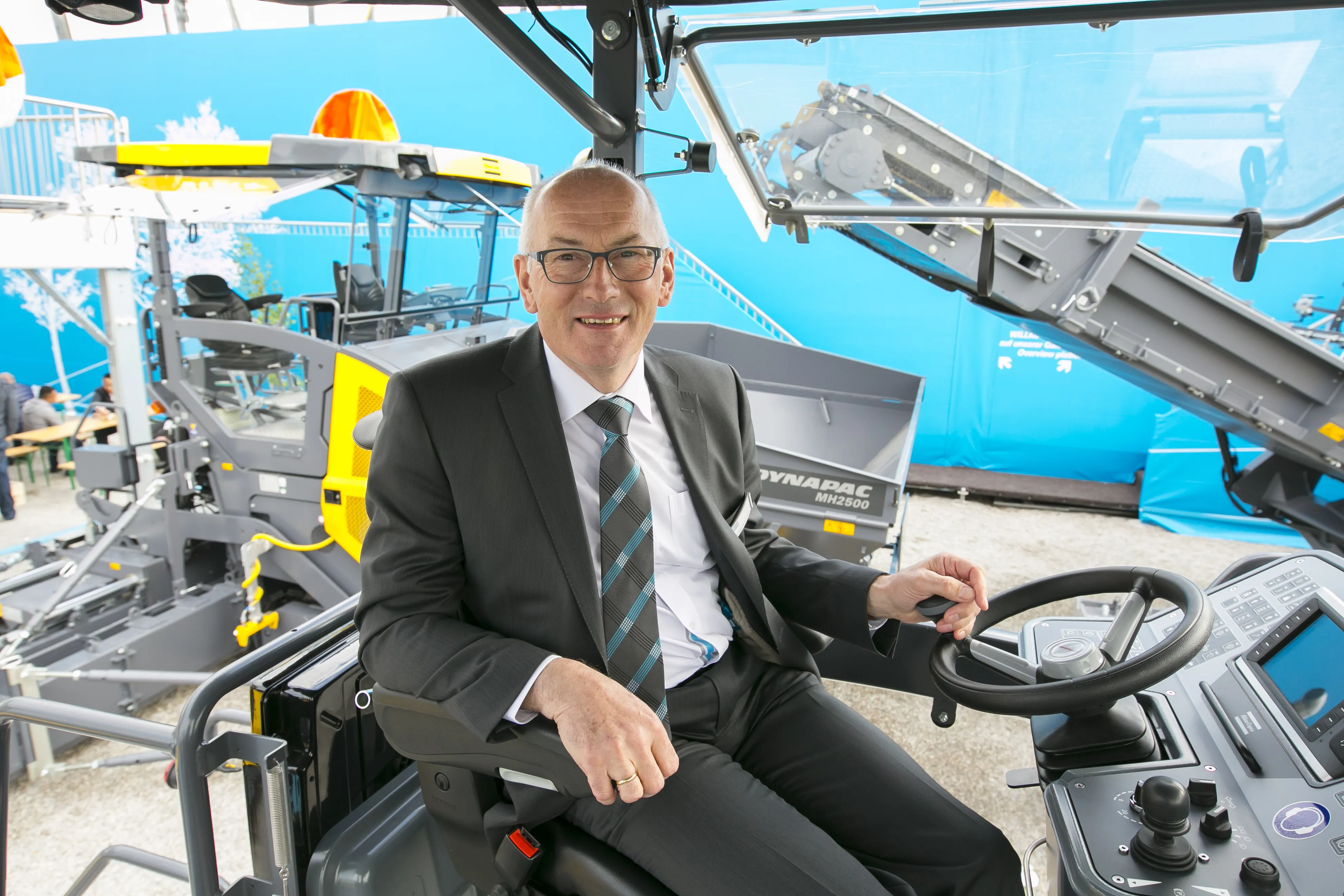
Powerscreen’s INTERMAT 2015 launched highly productive and transportable Warrior 600 screen can be containerised – offering a huge reduction in its shipping costs.
It is said by the company to offer groundbreaking simple conversion from three-way to two-way split mode.
Dearbhaile Mulholland,
The fact that the Warrior 600 screen can produce almost as much material as the next machine size up – the Warrior 800 – and its easy manoeuvrability makes it, said Mulholland, ideal for contractors needing to regularly move in and out of sites.
Barry O’Hare, Powerscreen’s European sales manager, said the Warrior 600 is well suited for recycling, topsoil and C&D waste applications. Emphasising its easy operation and versatility, he added: “It takes just 15 minutes to convert the machine from a three to a two-way split.”
As well as its eye-catching split mode innovation, the model has a highly aggressive screenbox, said to allow for easy handling and separation of large items from material fines in recycling tasks, such as fines and rock from overburden and blasted rock.
The Warrior 600’s open chassis design is said to offer unrivalled access below screen to aid mesh changes. It’s hydraulic folding conveyors also give excellent stockpiling capacity.
The model on show at the exhibition has been sold this week to a Powerscreen customer in France.








